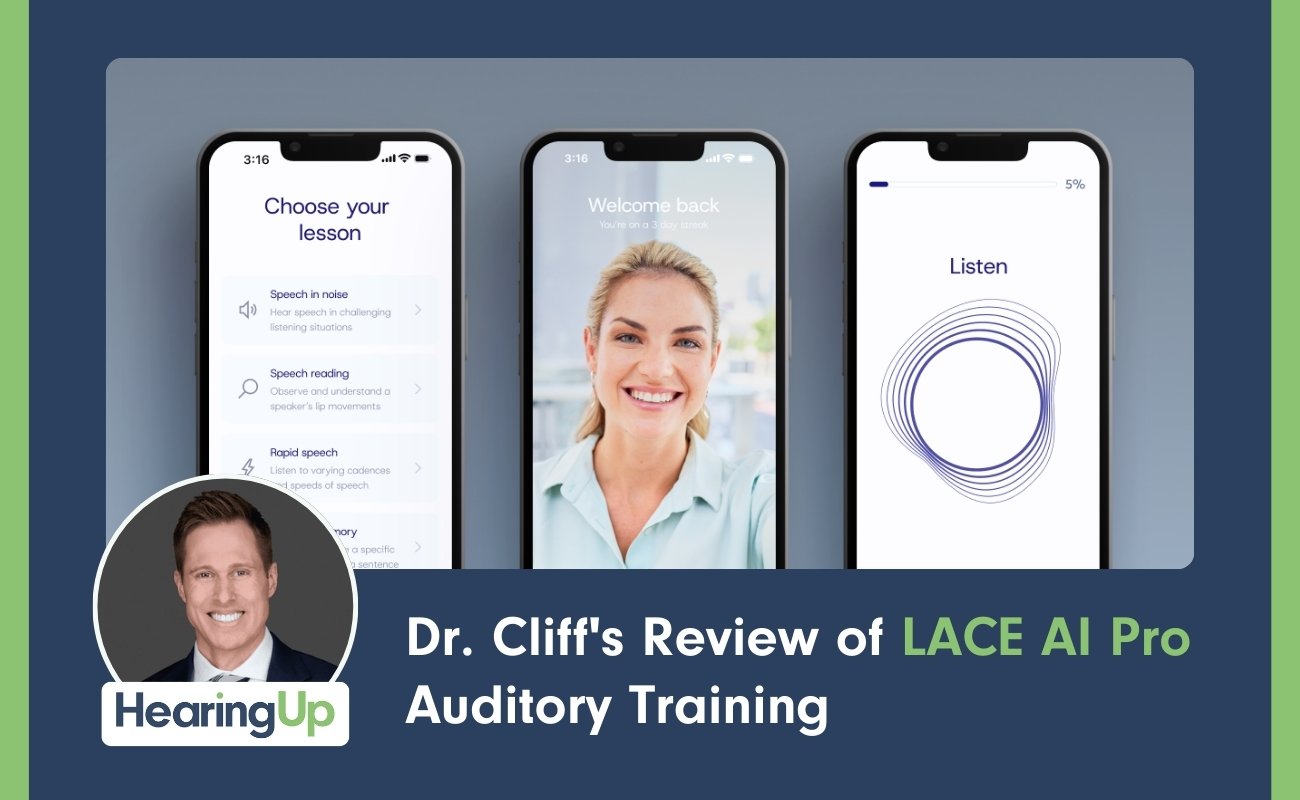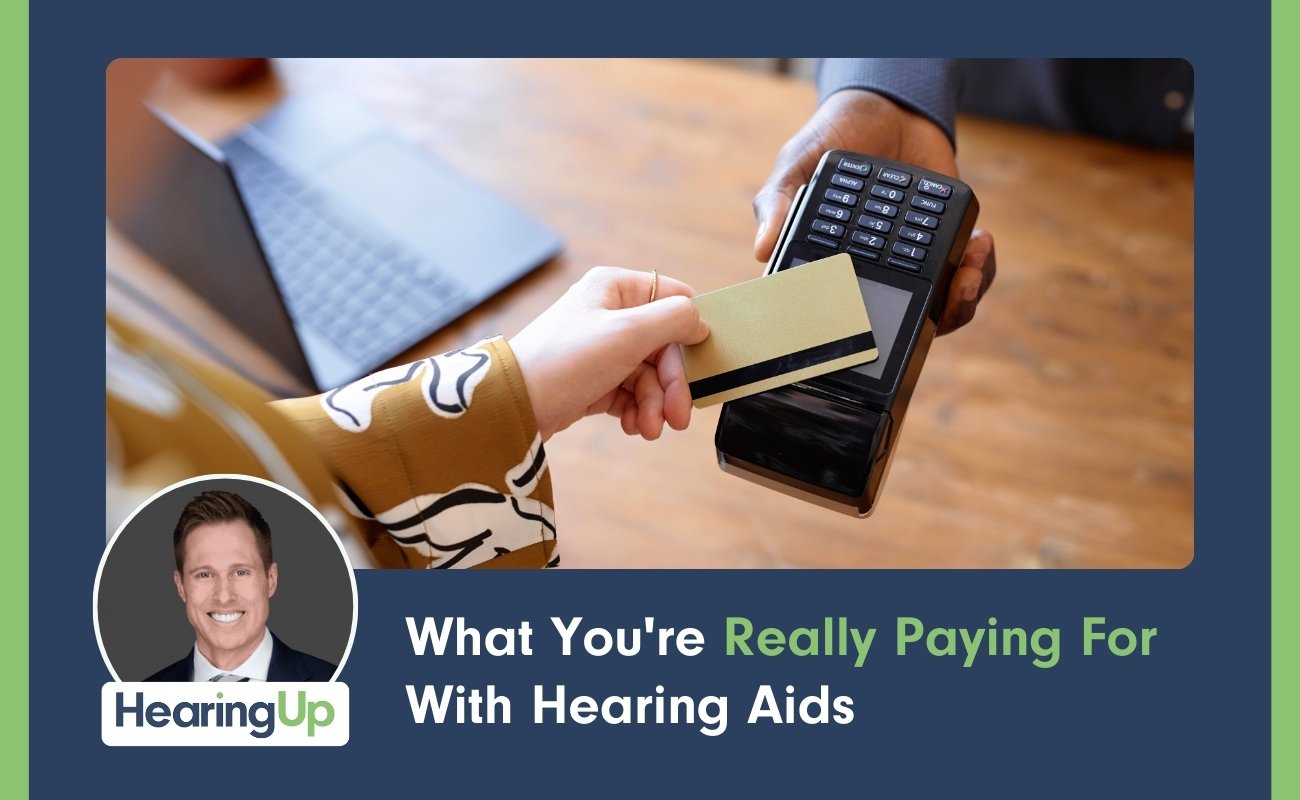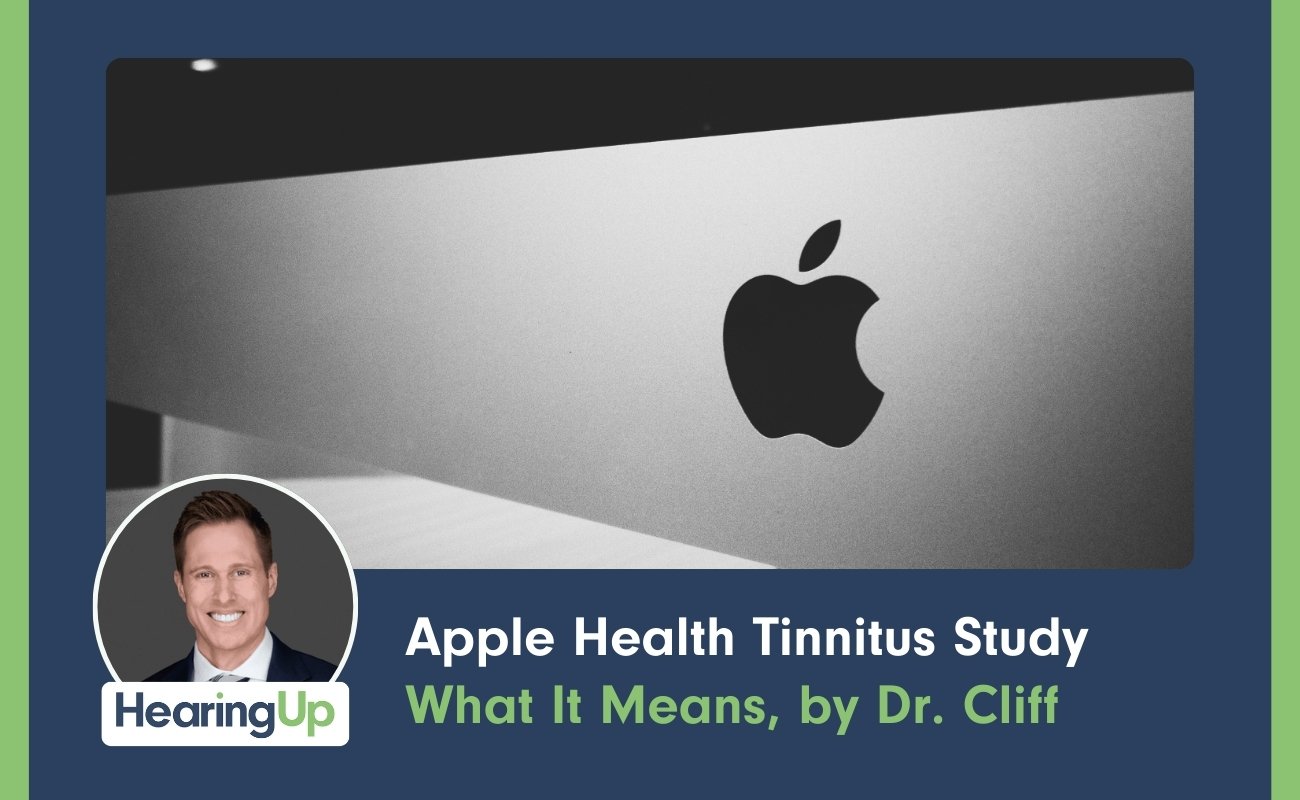Let me share my thoughts on a topic that often creates tension in the hearing care community - the differences between Audiologists and Hearing Instrument Specialists. I know this discussion might upset some professionals, but as someone who's dedicated my career to improving hearing care standards, I believe we need to address it openly.
I've noticed that whenever someone brings up the differences between Audiologists and Hearing Instrument Specialists, people tend to assume it's about claiming one group is superior. This creates defensive reactions and deepens professional divides. But my goal isn't to elevate one credential over another - it's to help people understand the different paths these professionals take while emphasizing what truly determines the quality of care.
After serving as a Scout Sniper in the Marines and then earning my Doctorate in Audiology, I've seen both sides of this divide. In my clinic, Applied Hearing Solutions in Phoenix, and through my YouTube channel with over 800 videos, I've worked to break down barriers and focus on what really matters - patient outcomes.
The real discussion we should be having isn't about credentials - it's about following best practices and delivering results for patients.
A Brief Background on Credentials
Let me start with some background on credentials.
Audiologists today must have either a master's degree (though many with this credential are retiring) or, more commonly now, a doctorate in Audiology. This requires four years of undergraduate study plus 3-4 years in a doctorate program before licensing. We work across many areas - hearing aids, vestibular issues, auditory brain stem testing - and can either specialize or be generalists.
Hearing Instrument Specialists take a different path. They need a high school diploma or GED and complete either on-the-job training under another specialist or attend a two-year hearing instrument sciences program. After training, they work under supervision before getting licensed for independent practice.
While Audiologists have more formal academic training, Hearing Instrument Specialists often get more hands-on experience before licensing. They focus specifically on testing adults for hearing loss and fitting hearing aids, rather than splitting their attention across multiple audiology areas.
A Note of Clarification
Recently, we published a video comparing these credentials, asking viewers if they know who's fitting their hearing aids. The key message was meant to be that what truly matters is whether the professional follows Best Practices - not their credentials.
However, when our AI program created a short clip from this video, it only included the credential differences, making it seem like we were criticizing Hearing Instrument Specialists. This led to some understandable backlash.
I take responsibility for this. We shouldn't have relied on AI to edit content that needs full context. The animosity between Audiologists and Hearing Instrument Specialists goes way back, to when Audiologists first began including hearing aid fitting in their practice. But this divide needs to end.
Focus on Treatment Outcomes
What I care about is treatment outcomes. There are excellent and poor practitioners on both sides. What determines quality isn't the credential - it's whether they follow Best Practices and take their work seriously. This is why my HearingUp provider network accepts both Audiologists (doctorate or master's level) and Board Certified Hearing Instrument Specialists or those with two-year certifications.
I've always been careful to use inclusive terminology like "hearing care professional" rather than specifying Audiologist. If you're either type of professional watching this, know that I judge expertise based on following Best Practices - which I consider an ethical obligation for both fields.
In my clinic, I've seen firsthand how following Best Practices transforms patient outcomes. When practitioners perform Real Ear Measurements, conduct proper validation measures, and carry out thorough test box analysis, patients get better results - period. This isn't about theory or credentials - it's about measurable improvements in hearing and quality of life.
I've worked with amazing Hearing Instrument Specialists who deliver outstanding care because they're meticulous about following Best Practices. I've also encountered Audiologists with advanced degrees who skip crucial steps, leading to suboptimal results. Your success as a hearing care professional isn't determined by the letters after your name - it's determined by your commitment to proven protocols and patient care.
That's why I'm passionate about spreading this message through my YouTube channel and the HearingUp network. When professionals put aside credential-based divisions and focus on implementing Best Practices, everyone wins - especially the patients.
Focus on Best Practices
Some may dislike my emphasis on Best Practices, especially if their employers don't allow them to follow these standards. But I stand firm on this: the path to exceptional patient outcomes requires following comprehensive Best Practices, regardless of your credentials.
Let me break down what I mean by Best Practices. First, every patient needs a comprehensive hearing evaluation, including air/bone conduction testing, word recognition testing, and speech-in-noise testing. This gives us a complete picture of their hearing loss and communication challenges.
Real Ear Measurement (REM) is non-negotiable. This verifies that hearing aids are actually providing the right amount of amplification for each patient's unique hearing loss. Without REM, we're essentially guessing at whether the devices are programmed correctly.
Test box measures are crucial for quality control. These verify that hearing aids are functioning to manufacturer specifications before they're even fit on a patient. Unfortunately, less than 10% of professionals regularly perform these tests.
Validation measures track real-world benefits using standardized questionnaires and outcome measures. This helps ensure patients are getting meaningful improvements in their daily lives.
Beyond technical procedures, Best Practices include thorough patient orientation, proper counseling on device use and maintenance, and regular follow-up care. Patients should have multiple appointments during their trial period to optimize their fitting and address any concerns.
I always say that only about 20-30% of hearing care professionals consistently follow these Best Practices. That's why I created the HearingUp Provider Network - to help people find professionals who are committed to this comprehensive approach. When these standards are followed, patient satisfaction and outcomes dramatically improve.
Hearing Practices with Best Practices through HearingUp Provider Network
If you're looking for hearing care, don't get caught up in the credentials debate. What matters is finding a professional who follows Best Practices consistently. The HearingUp Provider Network was built to connect you with hearing care professionals who are committed to these standards.
Take time to research and ask questions. Is your provider doing Real Ear Measurements? Are they performing test box measures? Do they use validation questionnaires to track your progress? These aren't just extra steps - they're essential for getting the best possible results from your hearing treatment.
Visit HearingUp.com to find a verified provider in your area. You can also check out my YouTube channel where I break down everything from hearing aid technology to Best Practices in detail. Remember, great hearing care isn't about the letters after someone's name - it's about their commitment to following proven protocols that lead to better outcomes.

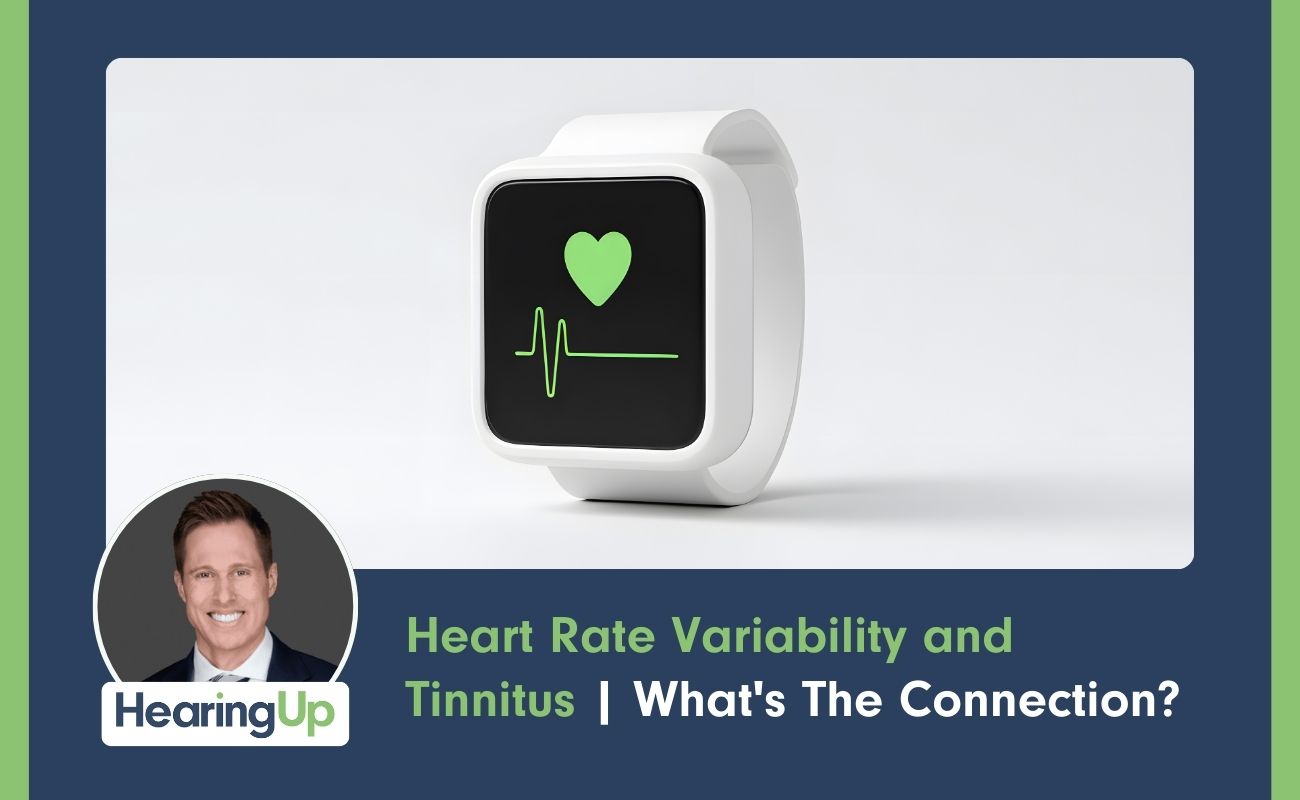

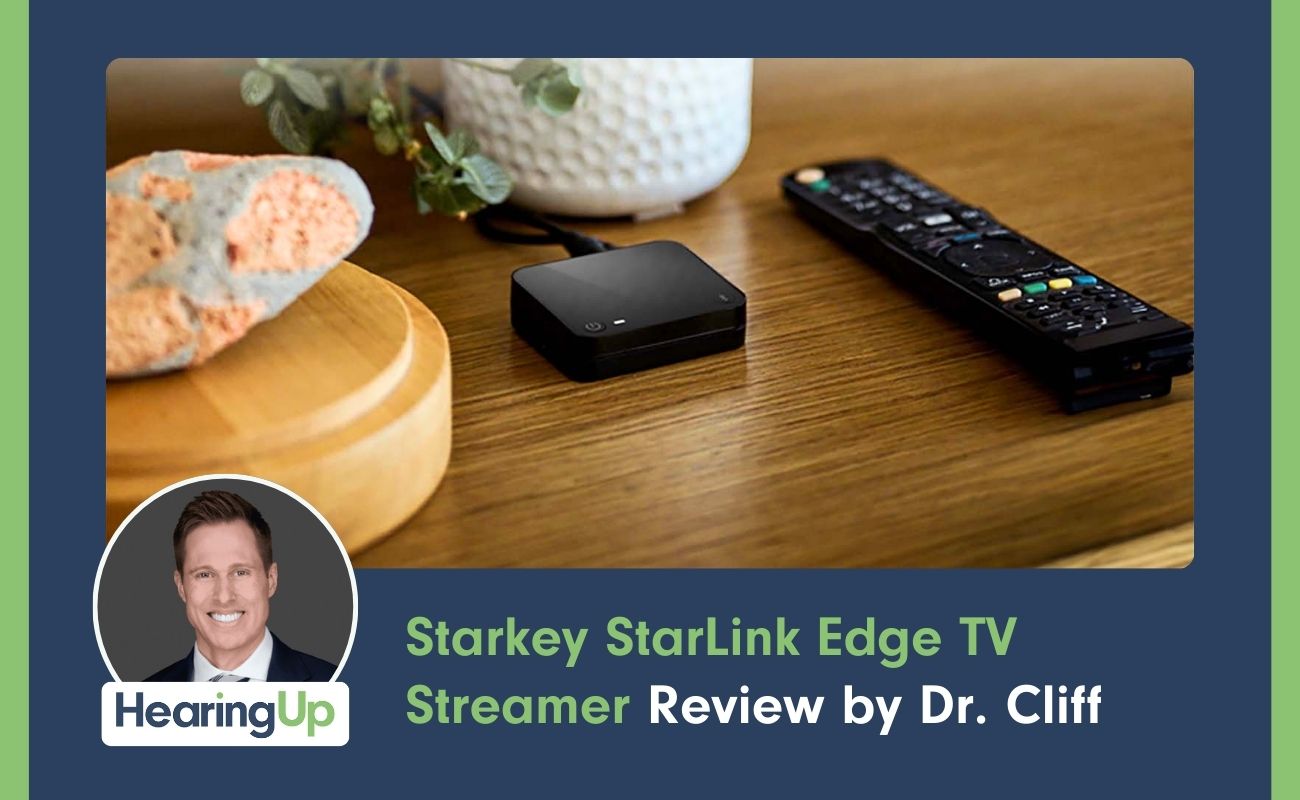
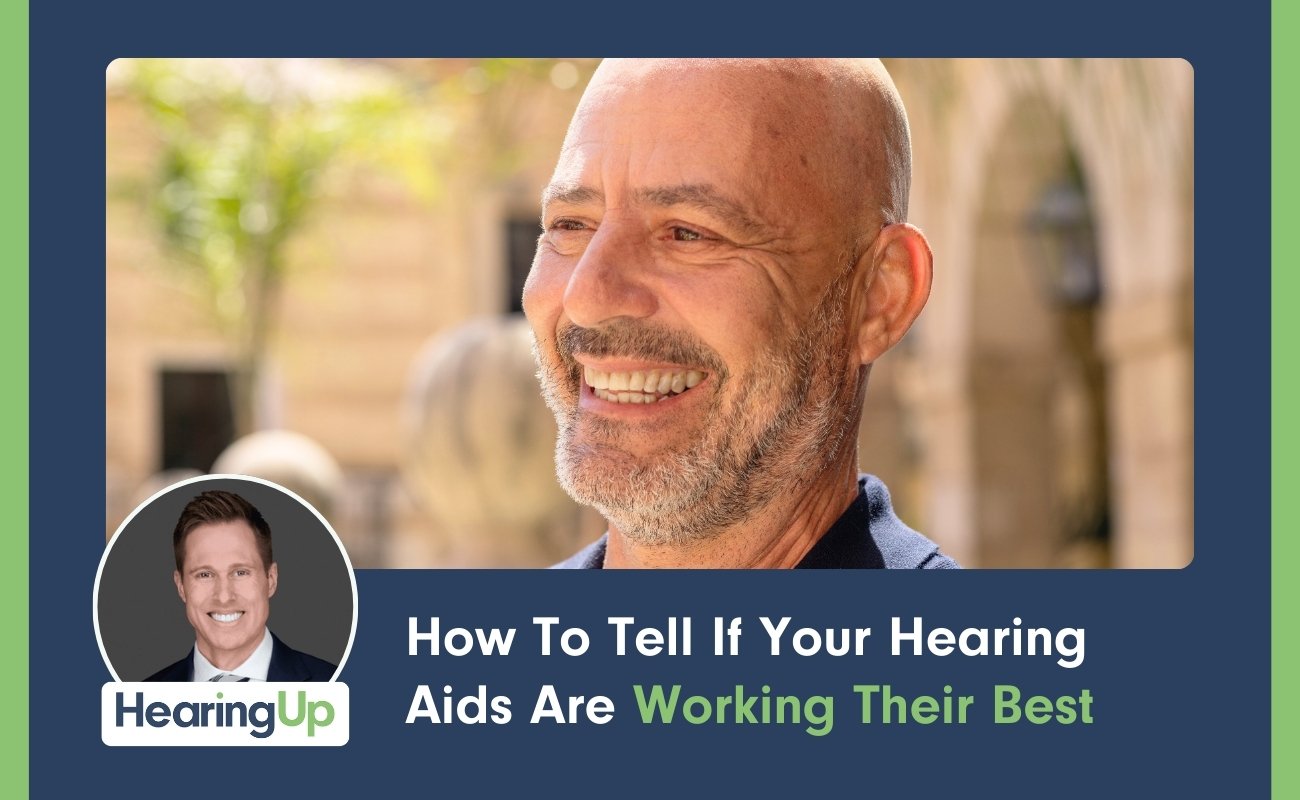
.jpg)
